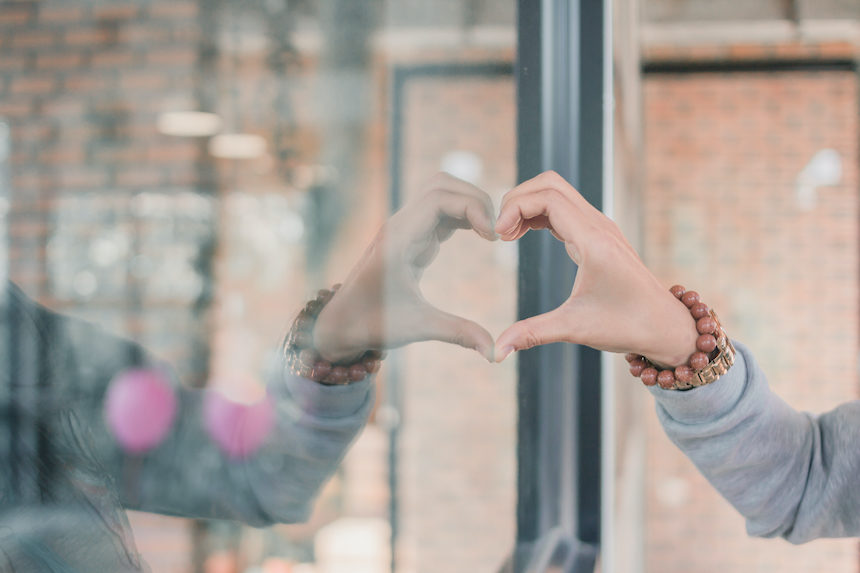“Your Health Checkup” is our online column by Dr. Douglas Zipes, an internationally acclaimed cardiologist, professor, author, inventor, and authority on pacing and electrophysiology. Dr. Zipes is also a contributor to The Saturday Evening Post print magazine. Subscribe to receive thoughtful articles, new fiction, health and wellness advice, and gems from our archive.
Order Dr. Zipes’ new book, Bear’s Promise, and check out his website www.dougzipes.us.
I was tempted to write a follow up column to the one I wrote six weeks ago, “What You Need to Know About the Coronavirus,” but thought better of the idea since I am sure readers have been deluged with COVID-19 information. I know I have.
Instead, I’d like to share a story written about the famous anthropologist, Margaret Mead, as told by Ira Byock in his book The Best Care Possible: A Physician’s Quest to Transform Care Through the End of Life (Avery, 2012).
Someone once asked Margaret Mead what she considered to be the first evidence of civilization. She answered that it was not tools for hunting or religious artifacts or primitive forms of communal self-governance. Rather, it was a human thigh bone with a healed fracture found in an archaeological site 15,000 years old.
How could that be?
She reasoned that in the animal kingdom, if an animal broke its leg, it would soon die since it could no longer hunt, walk to get water, or defend itself. So, for a person to have survived a fractured femur, others must have provided shelter, protection, food, and drink over an extended time period long enough for the bone to heal. She concluded that helping someone through difficulty is where civilization begins.
Let us hope we act as a civilized nation during this horrific pandemic crisis. We need to show collective compassion for others, for those who have become sick or lost loved ones, for people who have lost jobs and savings and are living hand-to-mouth. We need to be generous and share our good fortune as much as possible. And we need to give thanks to those on the front lines, the health care workers risking their lives to save ours, and those in the work forces that keep us fed and healthy.
We can all profit from — and try to emulate as much as possible — an aphorism usually applied to physicians, but very apt for all of us today as we hunker down to fend off this virus: “To cure sometimes, to relieve often, to comfort always.” Let us provide as much comfort as possible to those in need.
COVID-19 has challenged us like no other calamity, and the end seems a long way off. But we will get through it as a nation of Americans helping each other, dispelling feelings of hopelessness and fear. It will not be easy, as the number of infected people grows, deaths increase, and financial markets crumble.
I don’t underestimate the seriousness of our present situation, but we will prevail. We must.
Footnote: I thank my son David for pointing me to the Mead story.
Featured image: Shutterstock
Become a Saturday Evening Post member and enjoy unlimited access. Subscribe now



